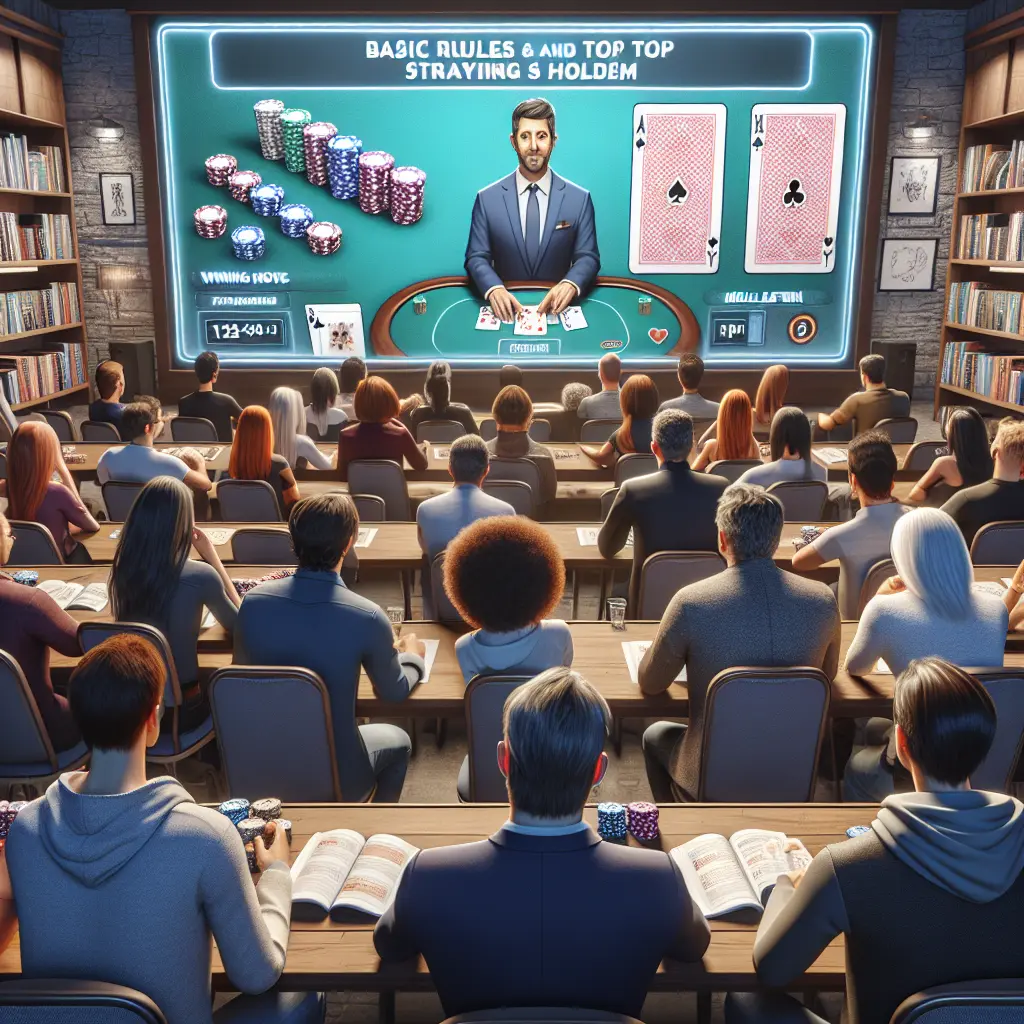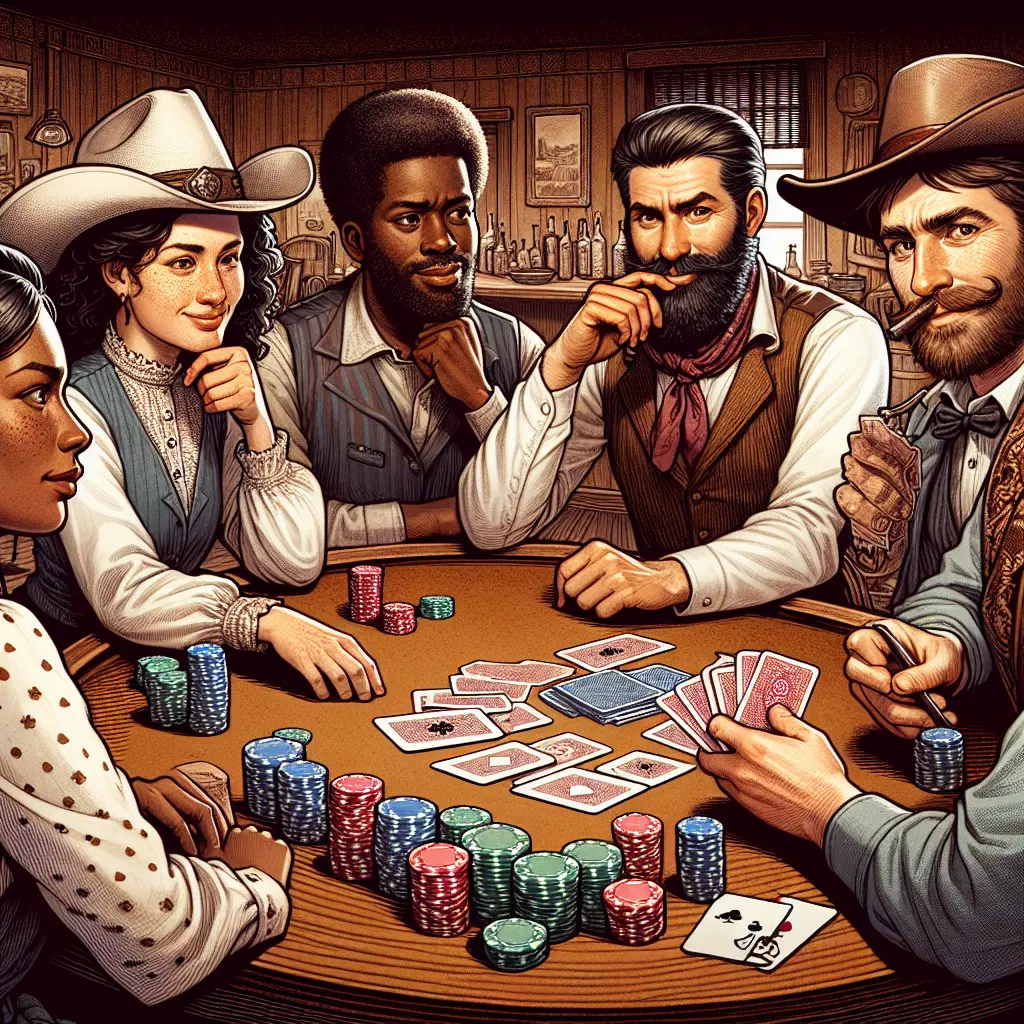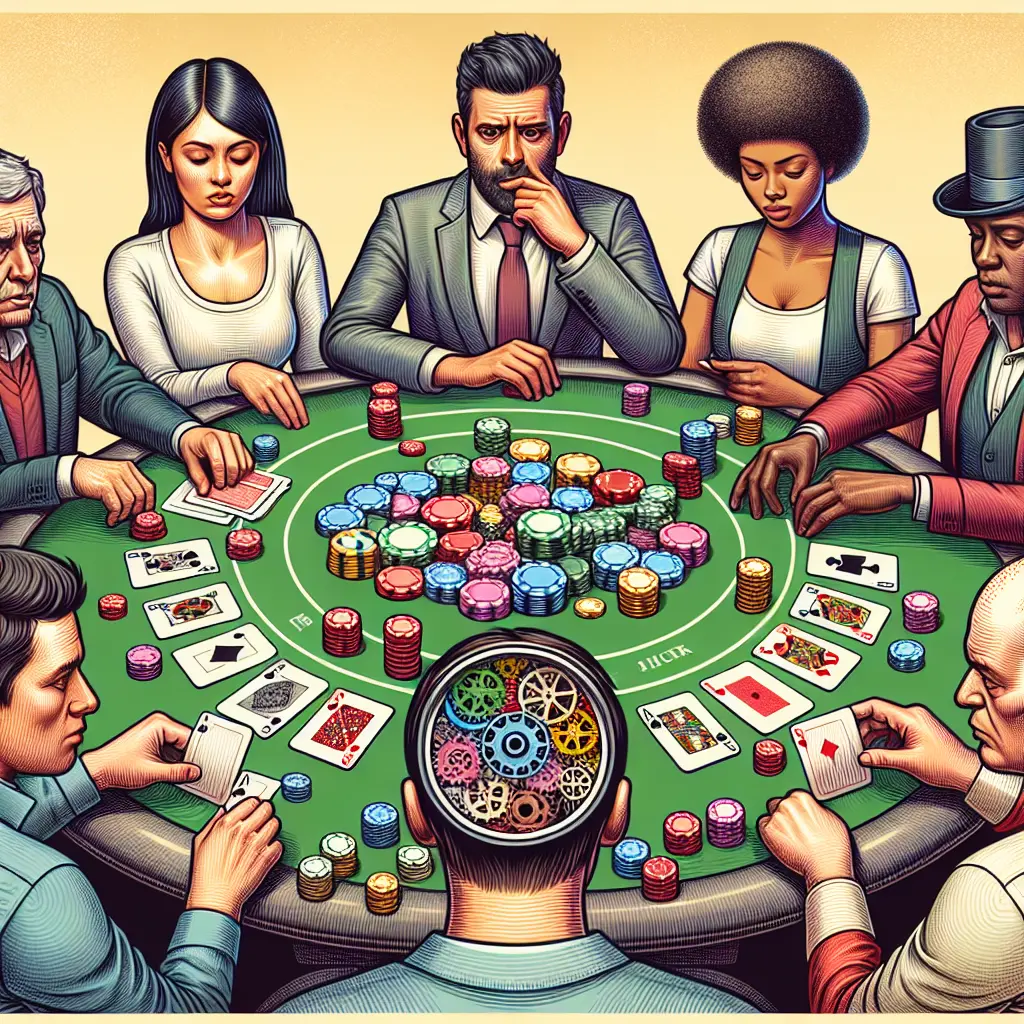In the vast and competitive world of poker, the debate between the role of luck and skill in achieving poker success remains a hot topic. This intriguing balance affects not just novices but also seasoned professionals, shaping their strategies and outcomes in unexpected ways. As we delve deeper into this discussion, it's essential to explore how these elements interact within the game's framework and how players can tilt the odds in their favor.
At its core, poker is a game of incomplete information. This inherent characteristic significantly amplifies the role of luck in poker, where even the most skilled player can be defeated by a newcomer on a lucky streak. However, dismissing poker as merely a game of chance would be an oversimplification. Over time, poker skill importance cannot be understated as it is what separates the professionals from the amateurs in the long run.
Poker strategy and poker skill development are critical for anyone aiming for lasting success. Skills in poker encompass a range of competencies from mathematical prowess (probability and odds calculation) to psychological elements (bluffing and reading body language). Improving poker skills involves rigorous practice and learning from every game, whether you win or lose.
Recent updates in the poker world, like Jonathan Tamayo's victory at the World Series of Poker in 2023, where he bagged a whopping $10 million, exemplify how mastering complex strategies can lead to substantial rewards (World Series of Poker). His win underlines that while luck plays a role, skill is paramount in high-stakes tournaments.
Despite the emphasis on skill, one cannot ignore the poker luck influence. Every hand dealt comes with its own set of probabilities. The randomness of this process shows that luck in poker games can sometimes overshadow skill. For instance, even a well-calculated move can fall short if the cards don’t turn in your favor.
Balancing Luck and Skill
The key to long-term success lies in balancing luck and skill in poker. This balance involves developing a robust poker strategy while also navigating the uncertainties inherent in the game. Engaging resources like the upcoming 'Jacks or Better Video Poker Guide for 2024' can provide insights into strategic betting and decision-making that minimize reliance on luck (Video Poker Guide).
For beginners, understanding hand rankings such as what constitutes a 'Straight' or a 'Flush' is fundamental. Recent guides like “What is a Straight in Poker?” and “What is a Flush Poker Hand?” are excellent starting points for novices to get acquainted with these concepts (Poker Hands Guide).
Moreover, analyzing your gameplay continuously is crucial. Tools and platforms that offer poker game analysis help in identifying patterns in one’s play style and areas needing improvement. For instance, learning about tactical moves like avoiding 'slow rolls', a frowned-upon practice in poker etiquette, can enhance one’s playing style significantly (Poker Etiquette).
Keeping up-to-date with the latest trends and updates in the poker world is also vital. The anticipated gameplay update for Balatro in 2025 promises to introduce new dynamics that could alter how players strategize their games (Balatro Update). Similarly, platforms like Roku are expanding their reach by launching channels like the Roku Sports Channel, providing enthusiasts with more ways to watch live poker events, thereby enhancing their understanding and enjoyment of the game (Roku Sports Channel).
Professional Insights
Gleaning insights from professional poker tips is another avenue for enhancing one's gameplay. Many professional players emphasize the importance of mental resilience and adaptive strategies as pivotal for thriving in poker. Their journeys underscore that while you cannot control the cards you are dealt, how you play them can make all the difference.
To sum up, both luck and skill play indispensable roles in poker. While luck makes the game unpredictable and exciting, skill empowers players to take control of their play and steer towards consistent success. For those looking to elevate their game, focusing on poker winning strategies, continuous learning through resources like hand guides and updates, and analyzing personal gameplay are crucial steps.
Mastering poker isn't achieved overnight. It is a lifelong pursuit that blends calculated risks with sharp skills. Whether you're dealing with a Flush or just a Pair, how you leverage your knowledge against the odds defines your journey in poker.
Keep shuffling up and dealing.










Leave a Comment